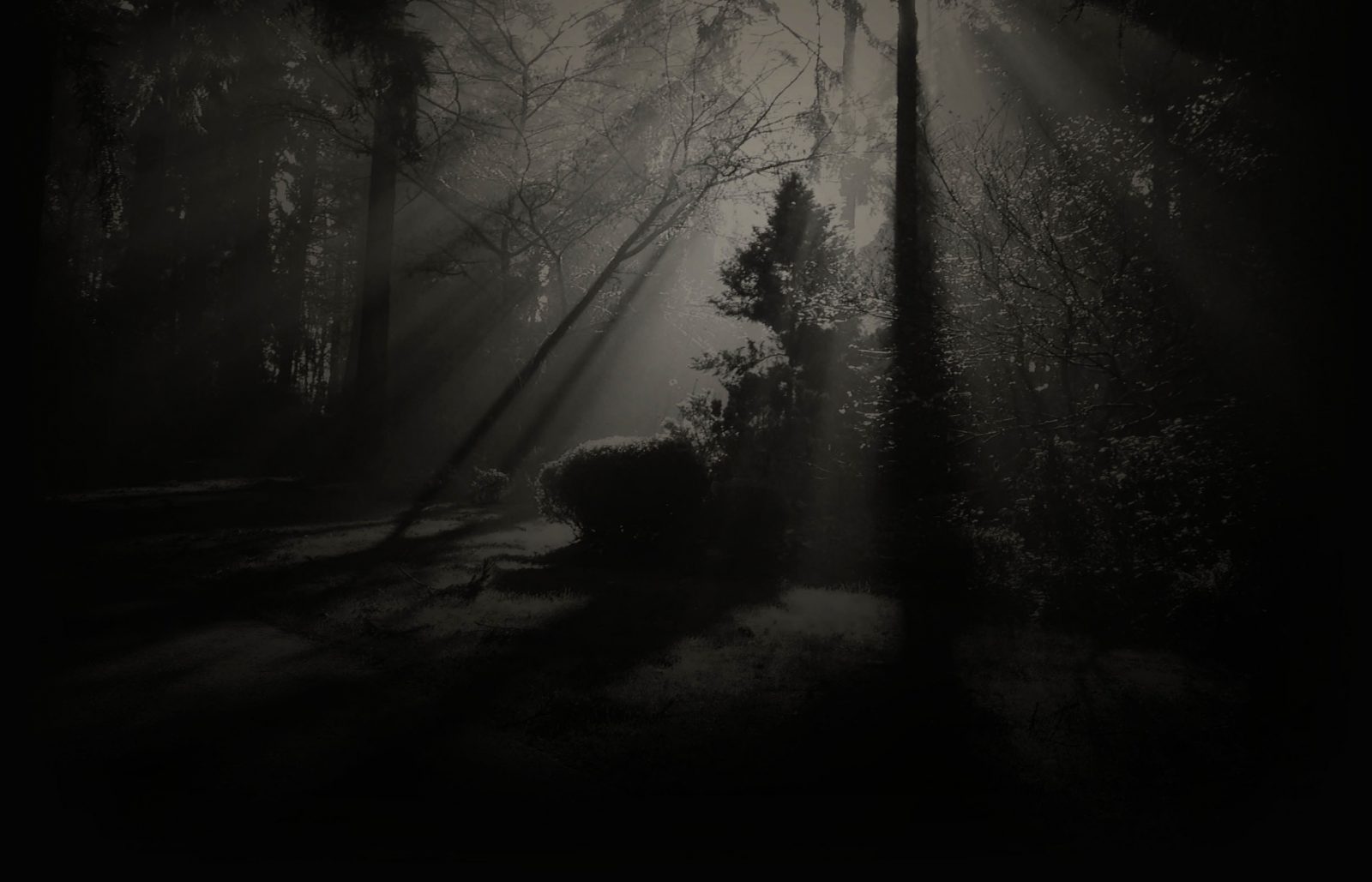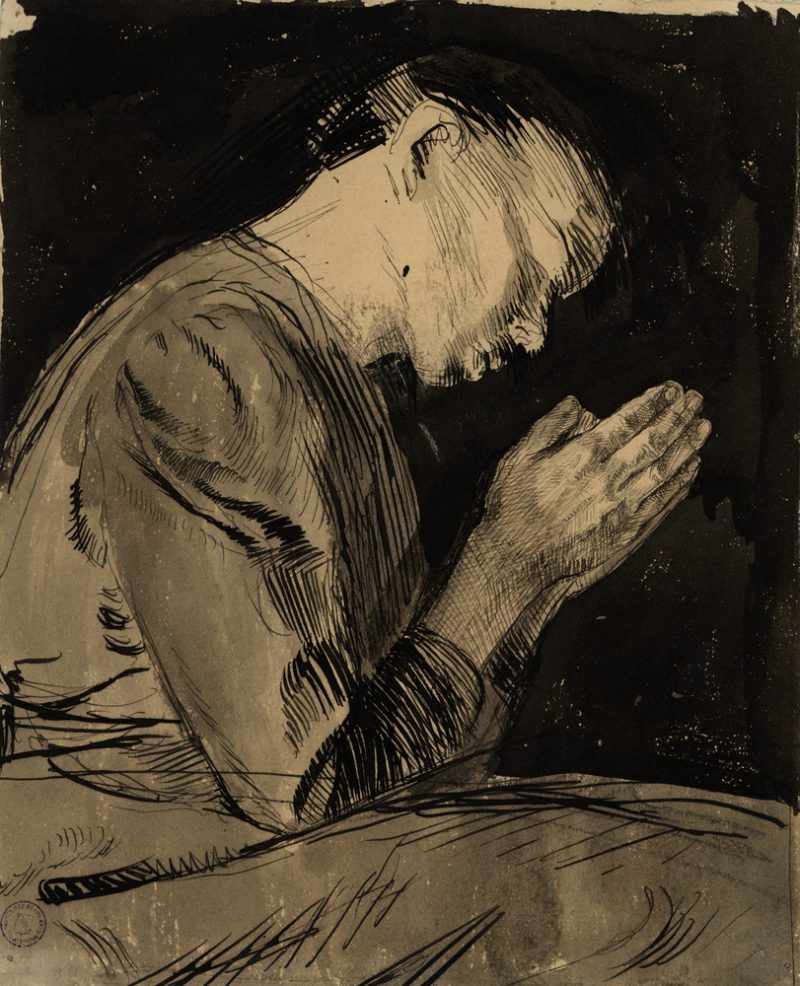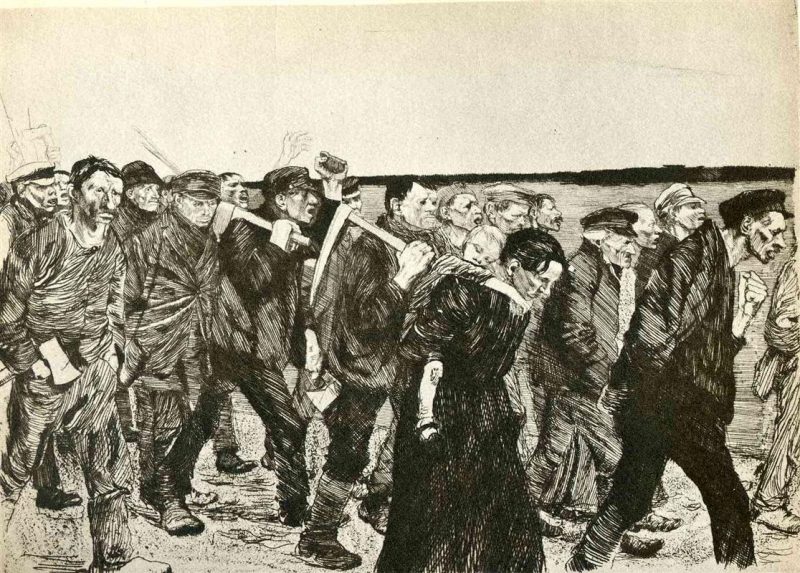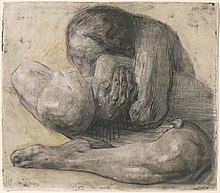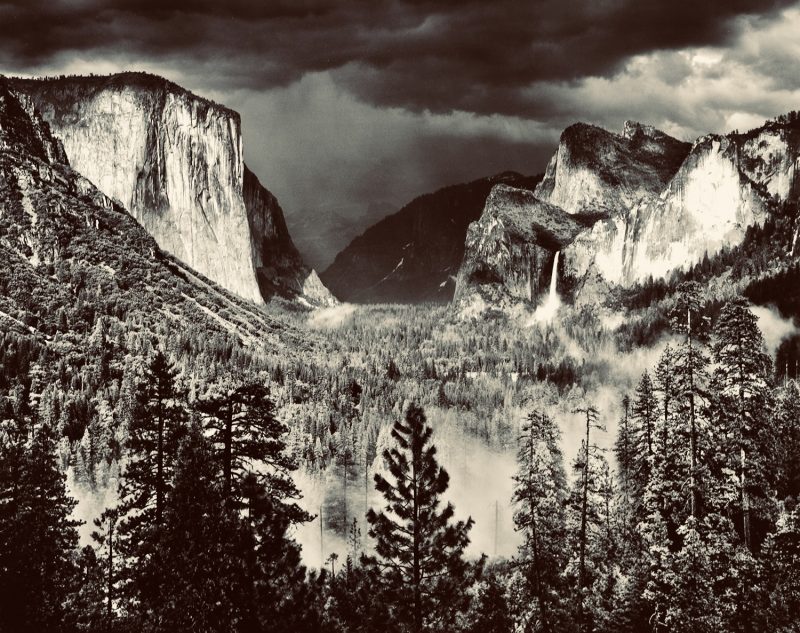Berlin, ‘Hogmanay 2014’—echoes of Weimar
Garry and I had always dreamt of spending Hogmanay in Berlin. It was the start of an eventful year which would begin with the launch of my short film ‘Free to Cry’ on 27th January 2015. The film was made in Berlin, and on New Year’s morning, with our friend Eric, who had specially flown in from California to join us, we revisited the locations and streets, where we had filmed. As we walked through Bebelplatz, thoughts of Kristallnacht and the subsequent horrors of Nazi racial hatred, came to life..
Somewhere in the midst of my thoughts, I remind myself about the true heroes at The Münchner Post and how this newspaper fought valiantly to oppose the ideology of the National Socialist Party. I rediscover the bravery of Pastor Dietrich Bonhoeffer, Jesuit Priest, Alfred Delp, the Kreisau Circle, Hans and Sophie Scholl, the White Rose, all part of a resistance movement, who paid the ultimate price in their struggle against Fascist tyranny. The ideology of the Nazis in simplistic terms was: ‘If you don’t believe in what I believe in—I will silence or kill you’. Sounds familiar? Over the centuries there have been numerous apocalyptic cults right up to the present day all with similar supremacy scripts, but with different actors displaying different levels of sociopathy—all of them violent and destructive.
Bréon Rydell—Berlin, January, 2015
INTERSECTION—WORDS AND PHOTOGRAPHS
I have always been interested in the fusion of different art forms, as for example, music and poetry, or photographic images with the spoken word.
Extracts from a Bréon Rydell essay written June 2020, Cascaroni, Umbria.
When we are no longer able to change a situation, we are challenged to change ourselves
Victor Frankl, Austrian neurologist and psychiatrist (1905-1997)